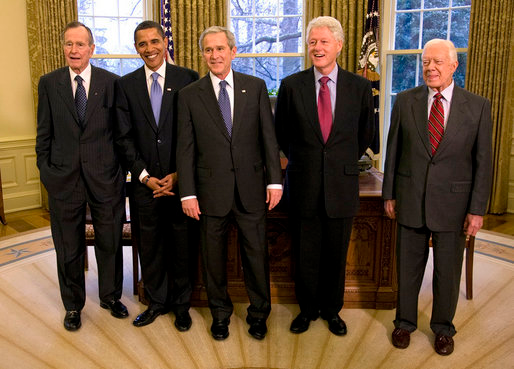An Equation That Predicts The Length Of Celebrity Marriages
April 26, 2012 in Daily Bulletin, Signature

Six years ago John Tierney and Garth Sundem came up with an equation that predicted how long a celebrity marriage was likely to last. The variables included how much more famous the wife was than the husband, the difference in their ages, the length of courtship, and how sexy the wife was perceived to be. They reported on the success of their predictions:
-
The equation was correct about these marriages being doomed from the start:
- Demi Moore and Ashton Kutcher
- Pamela Anderson and Kid Rock
- Britney Spears and Kevin Federline
-
The equation was also correct about the following marriages lasting a long time:
- Ben Affleck and Jennifer Garner
- Matt Damon and Luciana Barroso
- The equation incorrectly predicted doom for Tom Cruise and Katie Holmes
-
Current couples predicted to be married for more than 15 years include:
- Kate and Prince William
- Calista Flockhart and Harrison Ford
- Chelsea Clinton and Marc Mezvinsky
- Beyoncé Knowles and Jay-Z
The two analysts have gone back to their equation to modify it. To read about how they’ve made it more relevant, why men might be an enigma, and what happens when you calculate the chances of Khloe Kardashian and Lamar Odom’s marriage lasting, even to 15 decimal places, click here.
Source: The New York Times
Via: Kottke









Join the Discussion! (No Signup Required)